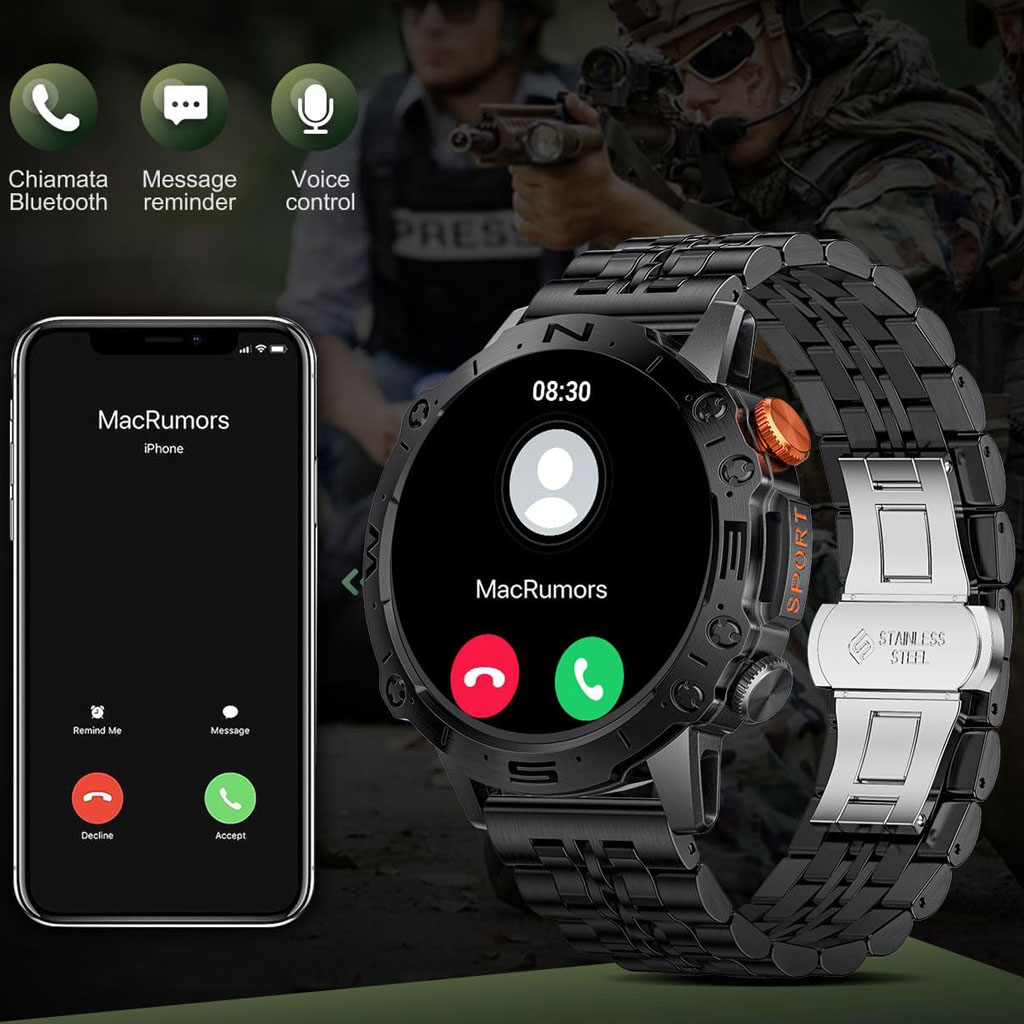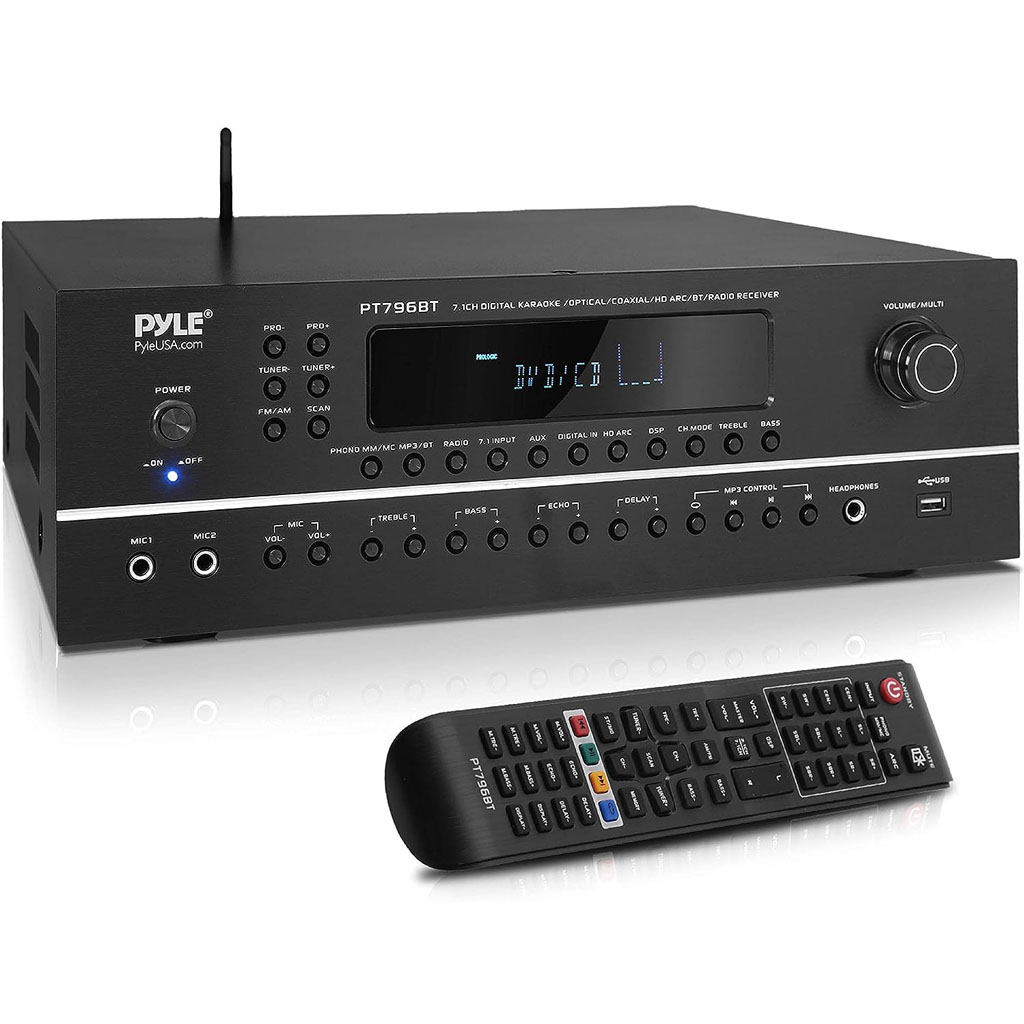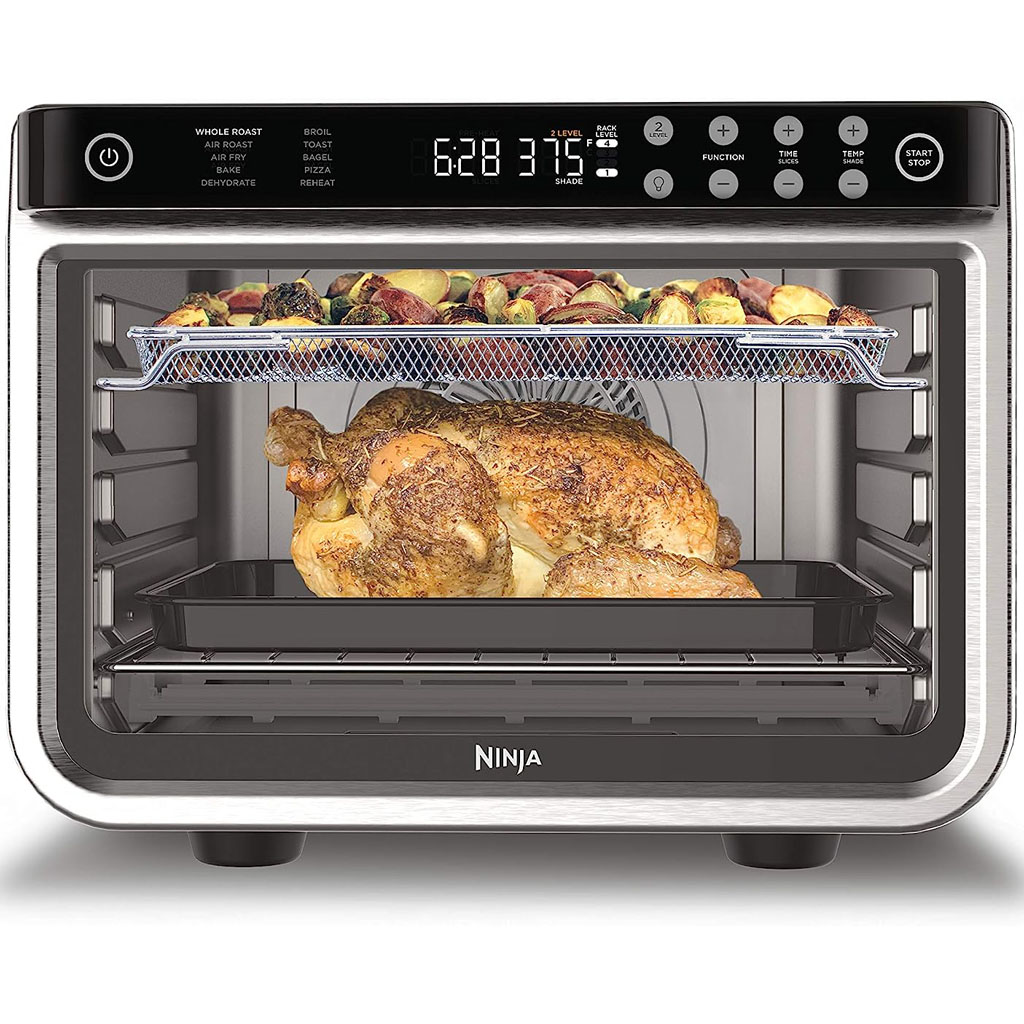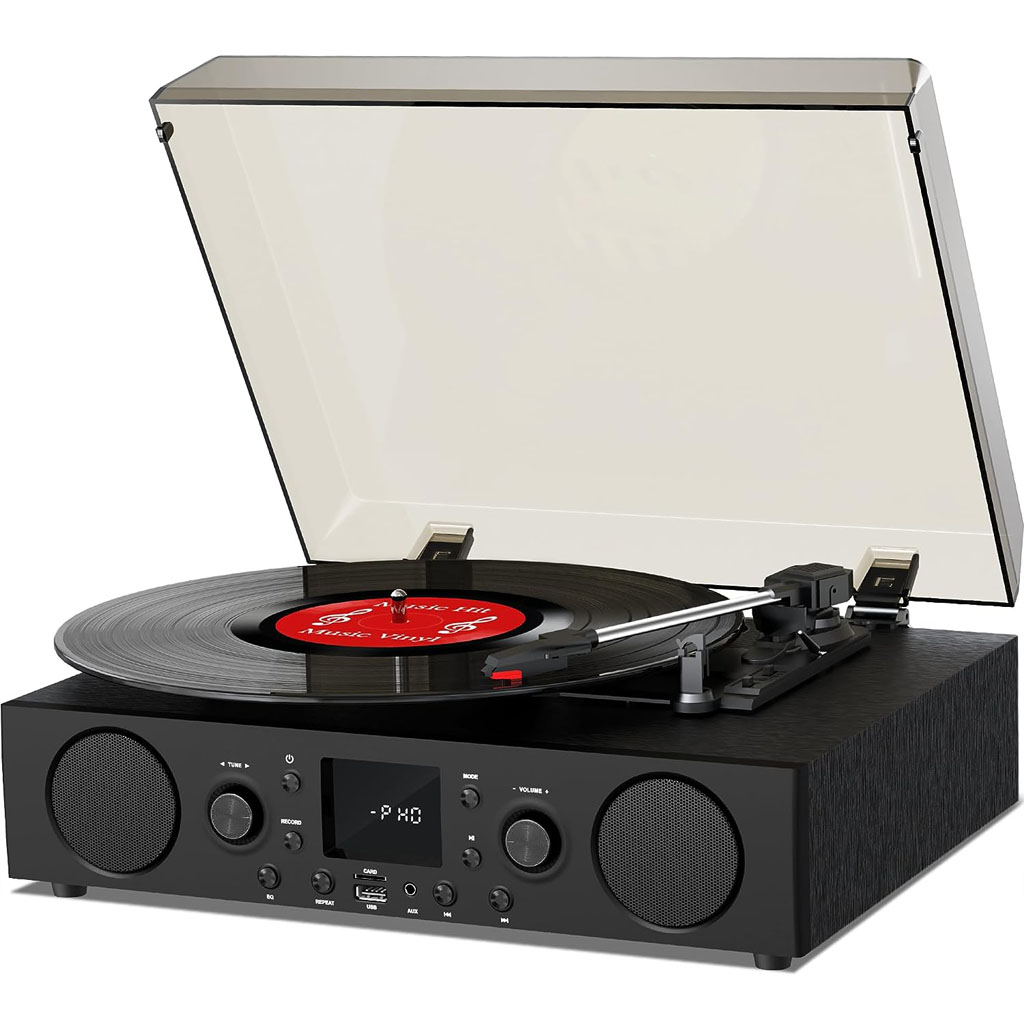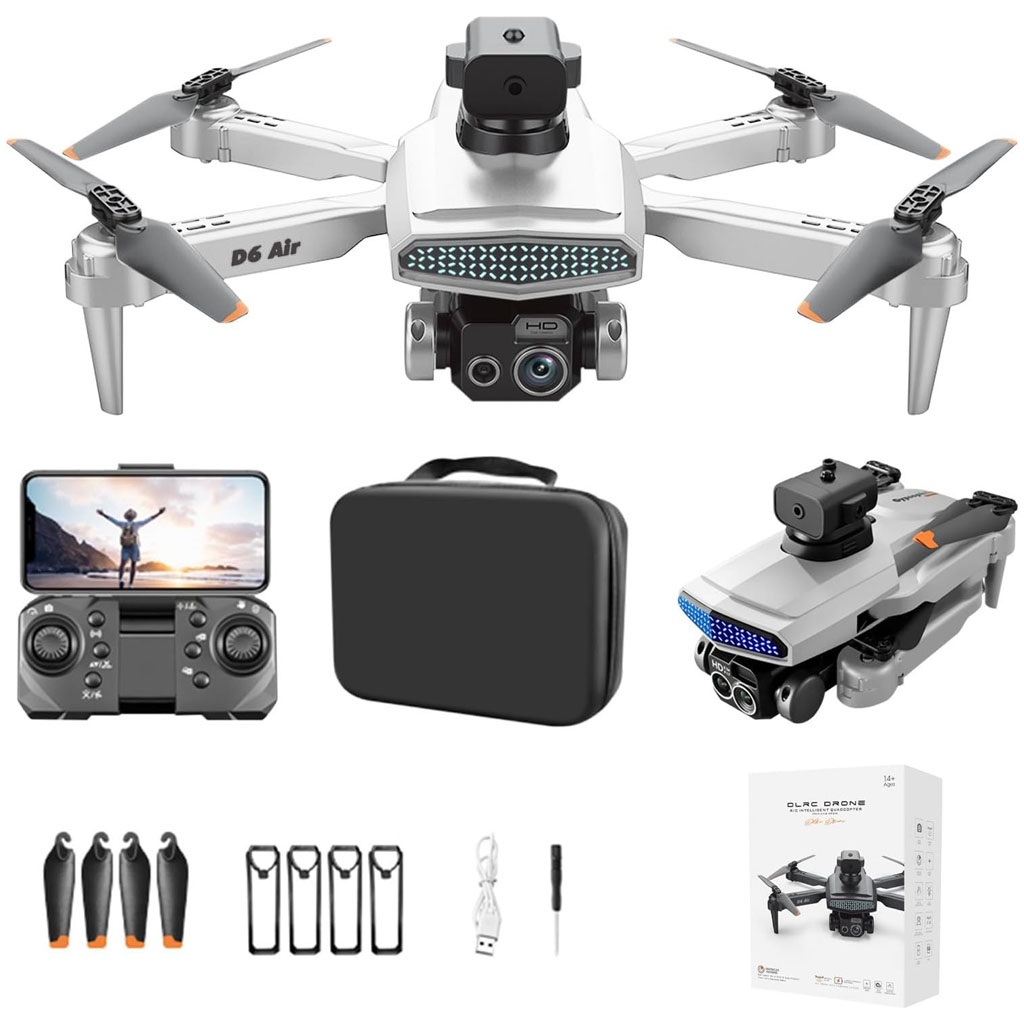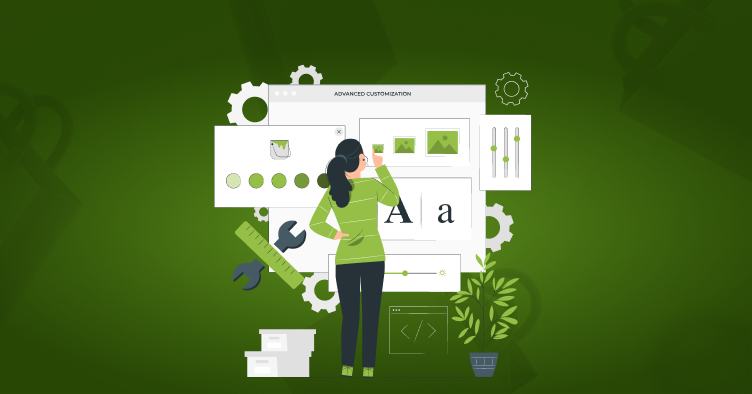
Last Updated | May 27, 2023
An Overview: Shopify Custom App vs Private App
Shopify has various types of apps; the most important are custom and private apps. These are the specific apps that are always used to add new features to your store or test the app that you have created. However, since 2022, there has been confusion amongst users about whether to use custom apps or private apps.
In this article, we will primarily discuss the differences between Shopify custom apps vs private apps. Moreover, we will also talk about the benefit of custom and private apps in your Shopify development journey. Lastly, we will provide some answers to your burning question clarifying all your confusion about these apps.
- Intelligence Node states that Shopify is available in 175
- According to MEETANSHI, there are about 8639 apps available on Shopify.
- DEMANDSAGE reported that nearly 649+ million people made a purchase on a Shopify store last year.
What Is The Primary Difference Between Custom Apps And Private Apps?
In order to understand the main differences between Shopify custom apps vs private app, we have to understand what they actually are. Hence, we are going to discuss their definition below:
Private Apps
A Shopify Private App is an app that is built specifically for a particular Shopify store. Private apps are created by the store owner or an authorized developer and can only be accessed with an API key and password provided by the Shopify store.
Custom Apps
A Shopify custom app is the updated version of the private app, as the private app has been replaced with it since 2022. Custom App is an application built specifically to integrate with Shopify’s platform and provide additional functionality or features to the online store owner or their customers. These apps are built using Shopify’s API (Application Programming Interface), which provides developers with access to Shopify’s features and data.
Read Also What is Shopify Polaris
Custom apps are used to extend the functionality of a Shopify store beyond its built-in features. For example, a storeowner may create a custom app to automate certain tasks, such as creating shipping labels or generating custom Shopify reports. Custom apps can also be used to integrate with other software or services, such as accounting software or a fulfillment service.
Custom apps have the same access to a store’s data as public apps but are not available to other merchants on the Shopify App Store. They are only accessible to the storeowner, and authorized developers, and are not subject to the same review process as public apps.
Read Also Inventory management Shopify App
Comparison of Custom Apps vs Private Apps
The primary difference between Shopify private apps and Shopify custom apps are provided below:
Which has Better Security
Shopify custom apps are developed by third-party developers using Shopify’s APIs and can be installed on any Shopify store. Shopify reviews these apps before being listed on the Shopify App Store, and developers must follow Shopify’s guidelines and best practices for security.
Shopify private apps, on the other hand, are developed by store owners or their developers for use on their own Shopify store. These apps are not reviewed by Shopify and do not go through the same security checks as custom apps. However, storeowners have complete control over the app and can limit access to it.
Read Also How To Develop An Ecommerce App On Shopify?
Hence, the winner is a custom app due to the following three reasons.
- Custom apps require OAuth 2.0 authentication: This means that the app developer must first obtain permission from the storeowner before they can access the store’s data.
- Custom apps are sandboxed: This means that the app is isolated from the rest of the store’s code, which makes it more difficult for the app to access sensitive data or cause damage to the store.
- Custom apps are subject to stricter security policies: Shopify has stricter security policies for custom apps than for private apps. This means that custom apps must meet more stringent security requirements before they can be installed on a store.
Which has Easier Installation
Custom apps are easier to install than private apps on Shopify. Custom apps can be installed by clicking an install link provided to you by the app’s developer. Private apps, on the other hand, must be installed through the Shopify admin. This process is more complex and requires API access. Additionally, private apps are not listed on the Shopify App Store, so they can be more difficult to find.
Which is Cost Efficient
Private and Custom apps both have the same way of development as developers develop them both. However, Shopify custom apps offer a wider range of functionality and customization options than private apps, which can cause quite a lot of money to develop.
A private app may be a good option if you need a basic app with limited functionality. If you need a more complex app with a wider range of features, a custom app may be a better choice. Nevertheless, private apps are much more affordable to build.
| Feature | Private App | Custom App |
| Cost | Less expensive | More expensive |
| Functionality | Limited | A wider range of features |
| Customization | Limited | More customizable |
| Development time | Less time | More time |
| Maintenance | Less time | More time |
Which is More Scalable and Versatile
Custom apps are designed to scale with a merchant’s business. This means that the app can handle increased traffic and sales volume as the business grows. This can help businesses to avoid the need to switch to a new app or platform as they grow, saving time and money.
Read Also Best Mobile App Builder for Shopify
While private apps are more restricted to providing basic functionality. Hence, most of the apps that provide practical functionalities to your Shopify store as all custom apps.
Which is Easier to Develop
Shopify Custom apps are easier to develop than Shopify Private apps. This is because Custom apps are built exclusively for your Shopify store and aren’t listed on the Shopify App Store. This means that you don’t need to worry about meeting the Shopify App Store’s requirements, which can be complex and time-consuming. Additionally, Custom apps can be developed using any programming language, while Private apps must be developed using Shopify’s Liquid templating language.
Read Also How to create a Shopify app at affordable cost?
The following table compares the easiness of developing these apps.
| Feature | Shopify Custom App | Shopify Private App |
| Ease of development | Easier | More difficult |
| Programming language | Any | Liquid |
| App Store listing | No | Yes |
| Requirements | Less strict | More strict |
How can these Shopify Custom Apps Help You Maximize the Customer Shopping Experience?
Shopify Custom apps and Shopify Private apps can help you maximize the customer experience in a number of ways. In this section, we are going to discuss the exact benefits which these apps provide. However, we are only going to mention the custom app because the private app has been replaced with it!
Personalization
You can use custom apps to create personalized product recommendations based on a customer’s browsing and purchase history. For example, if a customer has previously purchased a certain type of product, you can recommend similar products that they may be interested in. You can also use custom apps to personalize the shopping experience based on a customer’s location, language, or other preferences.
Read also Shopify Theme App Extension Setup Guide
Simplify Checkout Process
Custom apps can help you simplify the checkout process by adding features such as one-click checkout, which allows customers to complete their purchases with just one click. You can also add guest checkout, which allows customers to make a purchase without creating an account. Custom apps can also automatically fill in the customer’s shipping and billing information, making the checkout process faster and more convenient.
Loyalty Programs
Another use case of a custom app that can highly improve the UX is that it can create and manage loyalty programs to reward your customers for their repeat business. You can offer discounts, free shipping, or other incentives to customers who make multiple purchases or refer their friends. Custom apps can also track customer loyalty and provide you with data on customer behavior and preferences.
Read Also What is Shopify App Blocks
Customer Service
You can also add features like live chats, support tickets, and many more to provide better customer service with the help of Shopify custom apps. Live chat allows customers to get help in real time, while support tickets allow customers to submit a request for help and receive a response within a certain timeframe. All of these are highly important to create a UX which is friendly, attractive, and useful.
Upselling and Cross-selling
Custom apps can help you increase revenue by suggesting complementary products or upgrades to customers. If a customer is purchasing a shirt, you can suggest a matching pair of pants or a jacket. Especially with the introduction of the new AI technologies, you can even connect an API of a service like AutoGPT and let it identify the best-upselling products based on consumer behavior.
Overall, Shopify Custom apps and Shopify Private apps can be valuable tools for businesses of all sizes looking to improve the customer experience.
Practical Applications of Shopify Custom App for Various Niches
Following are some specific examples of how Shopify Custom apps and Shopify Private apps can be used to improve the customer experience:
Clothing
A clothing retailer could use a custom app to provide customers with personalized recommendations based on their past purchases. If a customer has previously purchased a dress from the retailer, the app could recommend other dresses that the customer might like.
Furniture
A furniture retailer could use a custom app to create a knowledge base where customers can find answers to their questions about products or shipping. This would allow customers to find the information they need without having to contact customer service.
Toys
A toy retailer could use a custom app to create a game or quiz that customers can play. This would help to engage customers and keep them coming back to the store.
Restaurant
A restaurant could use a custom app to automatically send out order confirmation emails or track customer shipping information. This would help to improve efficiency and customer satisfaction.
These are just a few examples of how Shopify Custom apps and Shopify Private apps can be used to improve the customer experience. With a little creativity, businesses can use these apps to create a truly personalized and engaging shopping experience for their customers.
Conclusion
In conclusion, the custom and private apps are not so different from each other. Even Shopify has removed the support for private apps since 2022 due to the immense similar usage of custom and private apps. However, you must understand that custom apps are way more versatile than private apps and have the functionalities of public and private apps combined.
We hope that this article must have helped you understand the basic core differences and usages between the Shopify custom app vs private app. Moreover, if you are interested in knowing about other kinds of Shopify apps like Shopify embedded app vs public app then do let us know in the comments below!
FAQs – Shopify Custom Apps vs Private Apps
How Do I Develop A Custom App For My Shopify Store?
Shopify provides developers with a set of APIs and SDKs that they can use to create custom apps. Developers can use any programming language or platform to build their apps, including Ruby on Rails, Node.js, and Java. You can also take help from a Shopify App development services provider. They can use the techniques such as Shopify speed optimization, Shopify theme optimization, and Shopify integration to create a highly functional app for you.
Can I Hire Someone To Develop A Custom App For My Shopify Store?
Yes, you can hire a Shopify app developer to build a custom app for your store. Shopify also maintains a directory of certified Shopify Experts who can assist with app development and other aspects of creating and running a successful ecommerce business.
What Are The Security Risks Of Using Shopify Private Apps?
As with any app that has access to your Shopify store, there are some security risks associated with using Shopify private apps. These risks include:
- The app could be used to steal your customer data.
- The app could be used to damage your store’s reputation.
- The app could be used to take down your store.
To mitigate these risks, you should:
- Only install apps from trusted developers.
- Review the app’s permissions before installing it.
- Monitor the app’s activity after it is installed.
- Uninstall any apps that you no longer use.
Hence, always keep these things in mind while choosing for Shopify’s public or private apps.
Do Custom Apps Cost Money?
Yes, custom apps can cost money. Some developers may charge a flat fee for the app, while others may charge a monthly or annual subscription fee. Additionally, some custom apps may require additional fees for things like processing payments or providing customer support. Sometimes, you also have to get the Shopify Website design services as well as app service in order to streamline the branding, so that will also cost around 500 dollars as well.
How Do I Know If A Custom App Is Trustworthy And Secure?
Before installing a custom app, it’s a good idea to research the developer and read reviews from other users. Additionally, Shopify offers a set of best practices for app development that developers can follow to ensure the security and reliability of their apps. However, you must understand that there is a huge difference between Shopify’s public vs private app developers, so choose accordingly.
Source: https://ecommerce.folio3.com/blog/shopify-custom-app-vs-private-app/
Amazon Echo Dot (5th Gen) with clock | Compact smart speaker with Alexa and enhanced LED display for at-a-glance clock, timers, weather, and more | Cloud Blue
Now retrieving the price.
(as of July 26, 2024 21:46 GMT +00:00 - More infoProduct prices and availability are accurate as of the date/time indicated and are subject to change. Any price and availability information displayed on [relevant Amazon Site(s), as applicable] at the time of purchase will apply to the purchase of this product.)
